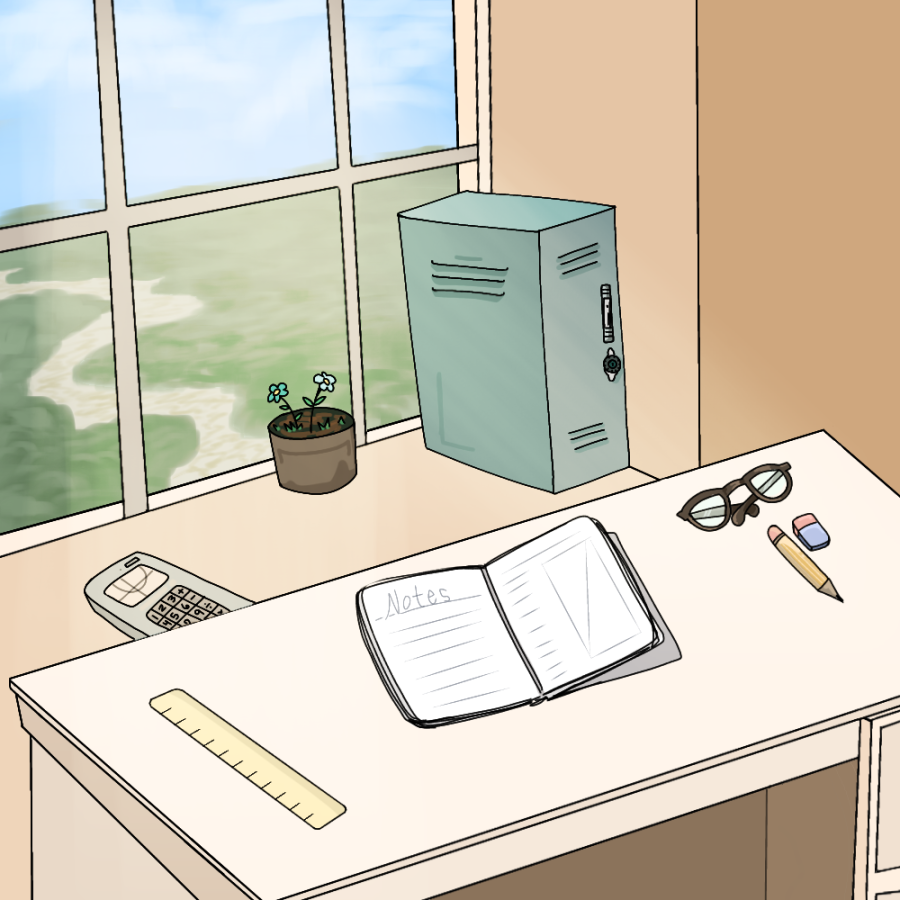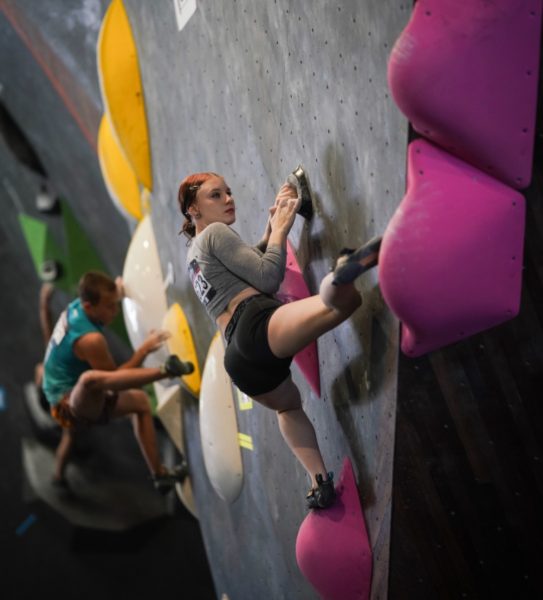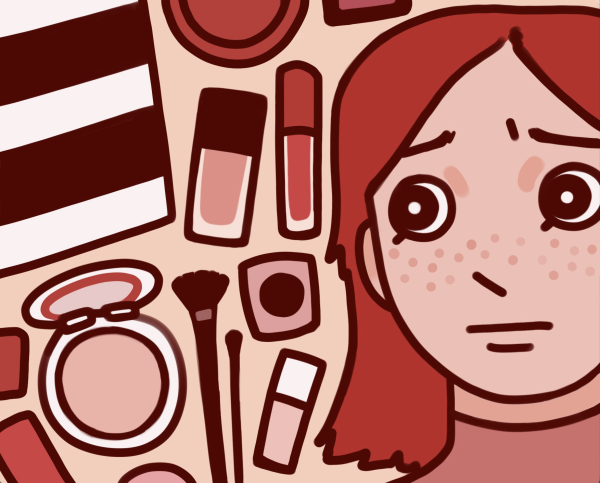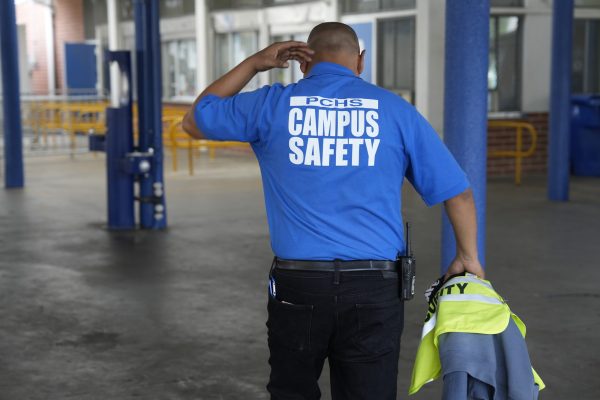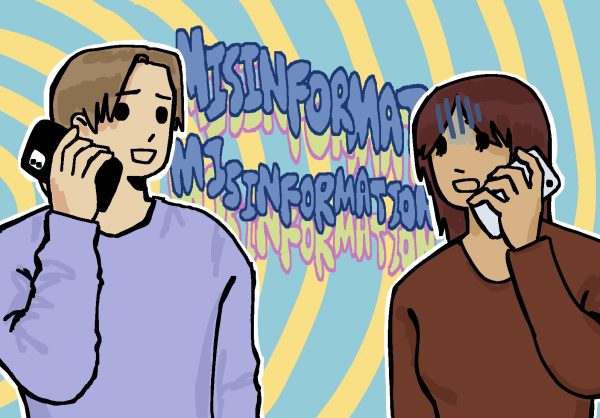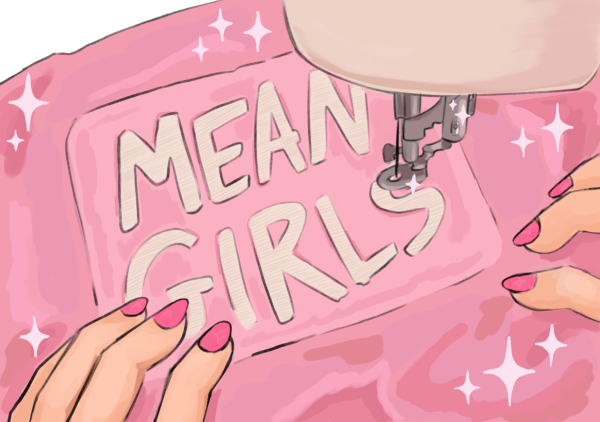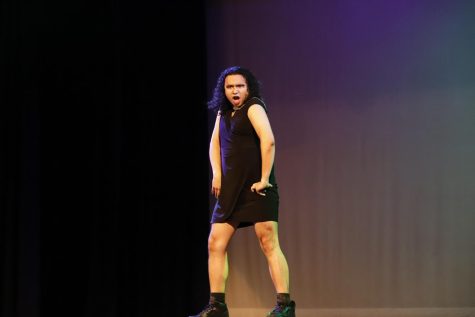While Summer Programs May Expand the Mind, They May Empty the Bank Account
Summer. It’s the best time of the year. An idyllic break from school, work and studying, a time to laze around and do, well, nothing. Beach days, hours spent in front of the TV, traveling to another country — the opportunities are limitless.
However, as this break approaches, some Pali students see it as a way to get ahead. With internships, summer courses and virtual programs at their fingertips, the more ambitious opt for a demanding summer.
Of these, one of the most popular choices are pre-college programs, which are offered by colleges to provide students with an educational and enjoyable way to spend their summer breaks.
Pali’s Director of College Advising Karen Ellis described pre-college programs as prep courses to help students acclimate to college. They expose students to campus life and specialized classes that they can choose based on their interests.
“[Attending pre-college programs] engages you with other students that are also interested in some of the same things,” Ellis said. “You get a feel of what it’s like to be a college student while you’re learning something.”
These programs are offered on both a national and international level. Senior Julia Leviadin, who attended the Oxford Academia Program in England, spent two weeks studying anthropology, archeology, psychology and Artificial Intelligence.
“It starts with an online application,” Leviadin said. “[There are] a couple questions about you and your extracurriculars, and why you feel like you’re a good fit for this program.”
Oxford Academia, which offers courses taught by Oxford professors, proved to be an immersive experience unlike any other for Leviadin. Through activities such as archeology digs and psychology tests, the program provided untraditional options pertaining to her academic interests.
She believes that these unique experiences made the program different from high school, saying that “the stuff I learned on that trip is stuff that I just wouldn’t be able to learn [at Pali High].”
As an attendee of the Smith Pre-College Program, sophomore Lily Hunt echoed these sentiments. “I came out of it with a lot more confidence in my skills,” she said. “It also gave me a body of work that I can use in applications for future programs or for college.”
More importantly, Hunt believes that the program helped her realize that Smith was a prospective option for her future schooling.
“I found that Smith was a perfect place for me,” she said. “Smith culture just really resonated with me. I met a lot of people that I love, and that was probably the best part of going [there].”
With days filled with hours of specialized creative writing courses and opportunities to explore the surrounding town, Hunt also said that the program provided a good balance of work and fun.
“I was actually a little bit scared that the classes were going to be too difficult or too out of my reach, but they were very accommodating to all different skill levels,” she said. “And [socially] it was great. It was really easy to make friends.”
On the other hand, Leviadin said that her first day was spent in unexpected tears.
“I wanted to go home, and I never want to go home,” she said. “I’m very extroverted… I don’t have a comfort zone, but there, I was uncomfortable.”
Leviadin continued to express that, while it can be scary at first, the program soon becomes worth it.
“The friends I made are friends that I’m going to have forever, and same with the teachers,” she said. “The teachers are the ones writing my letters of recommendation. It was only for two weeks, but I look at those photos every night and I just want to go back.”
Sophomore Willa Browne, an attendee of The Barnard Young Women Leadership Institute, recounted a different experience.
“I had a really fun time and all the people there were really smart,” she said. “And it was really cool to be in an environment with people who had the same interests as me, but it didn’t feel like I was learning these crazy new things that I thought I would be learning.”
“It was a lot of reading, [and] I just didn’t feel like I was going home with things I could take with me,” she added.
Browne also found that her living conditions at the program were less than favorable.
“The food was horrible,” she said. “I felt very under-fed. And my dorm didn’t have an AC, in New York during the summer. That was pretty bad.”
Browne spent $13,000 on the three-week program, a price comparable to similar programs. Compared to the average price for one year of college in the 2022-23 school year, ($39,400 at private colleges and $19,590 at public colleges), Browne felt that the price was unjustified.
“I had a great time meeting other girls from all over the world, but I’d say [that] overall, there are definitely less expensive and enriching ways to spend your summer,” she said.
Hunt, who spent $4,000 on her two-week program, corroborated Browne’s opinion, saying if she could change one thing about the experience, it would have been the price.
“This program was $4,000 which was insane, but I think that they’re all overcharging and [my program] was the best option,” Hunt said.
Overall, Ellis believes that these programs greatly benefit students’ college applications. She said: “attending them says a lot about a student because they could just be at the beach all day, but instead, they chose to do something more academic to prepare themselves for college. And I think that’s probably the most beneficial thing from [pre-college programs].”
“They’re recommended because we’d like for students to be prepared,” Ellis continued. “And being on the campus, being responsible, applying, getting recommendations, it’s almost just like a mini college application process in itself.”

Currently a Junior at Pali, Cloe Nourparvar is excited to serve as Tideline’s News Editor this year. After spending her sophomore year with Tideline,...
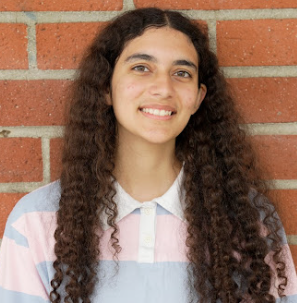
Leela Rao, a Senior, is Tideline’s current Managing Editor. She was an illustrator at Tideline for two years and has a passion for art and literature.


